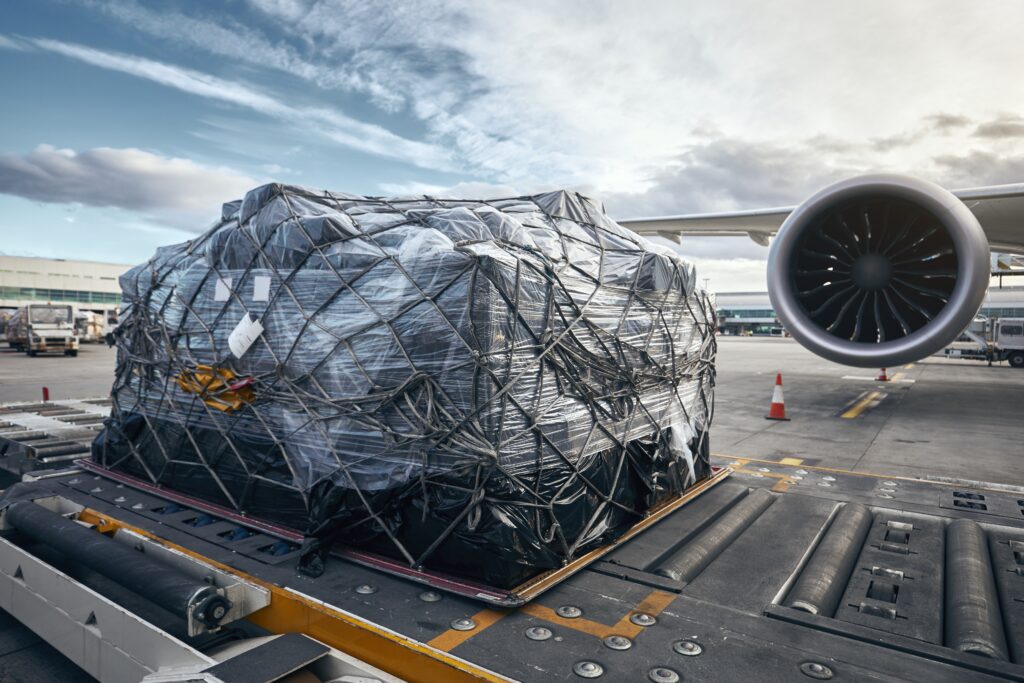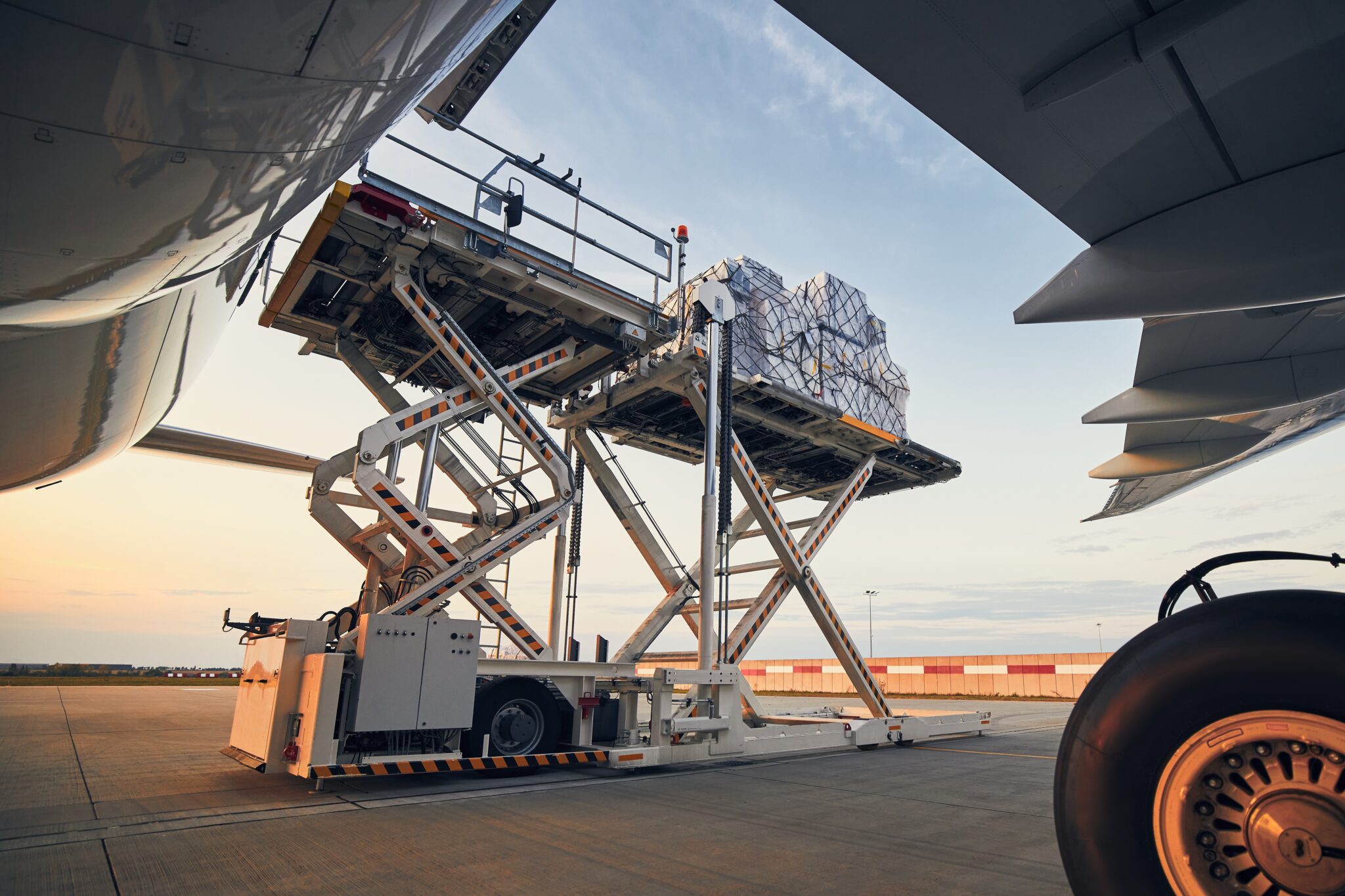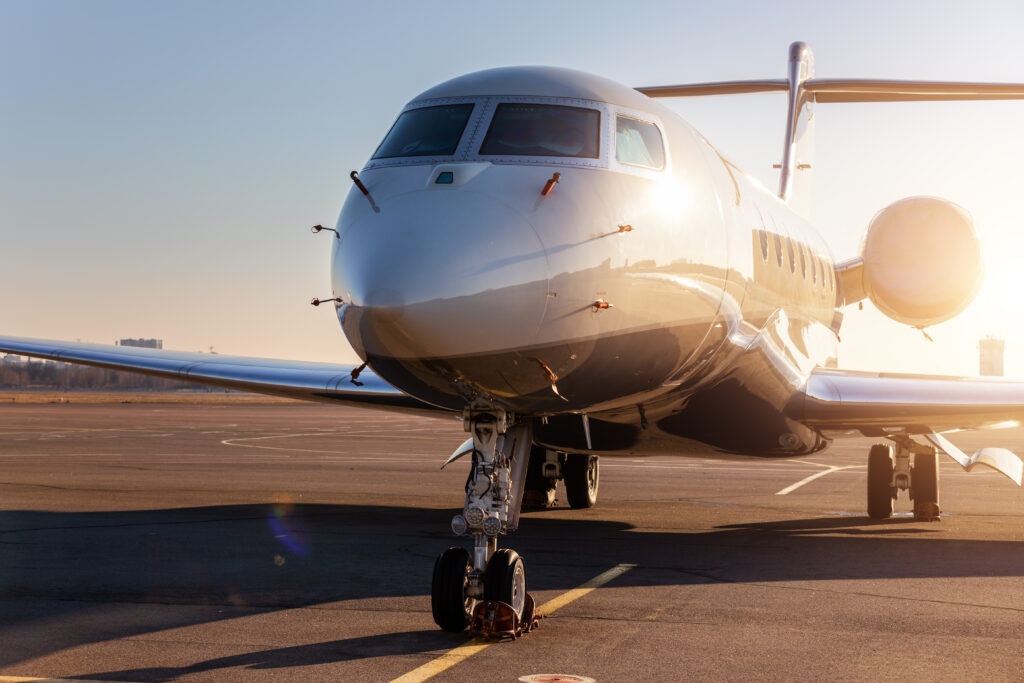In today’s fast-paced global economy, the demand for timely, efficient, and reliable logistics has never been higher. At the heart of international trade lies a crucial but often underappreciated player—the cargo aircraft. With growing e-commerce, time-sensitive shipments, and cross-border business operations, freighter aircraft such as the Boeing B747-200 and Airbus A300B4 play a pivotal role in ensuring that supply chains remain uninterrupted, resilient, and scalable.
The Power of Dedicated Cargo Aircraft
Unlike passenger jets modified for cargo, dedicated freighters like the Boeing B747-200 and Airbus A300B4 are specifically engineered to handle high-volume and heavy loads. These aircraft are equipped with reinforced floors, wide fuselage space, and specialized loading systems, allowing for efficient handling of diverse freight—including oversized machinery, perishables, pharmaceuticals, and e-commerce goods.
- The Boeing B747-200 is renowned for its nose-loading capability and intercontinental range, making it a preferred choice for long-haul logistics. Its high payload capacity and reliable performance make it indispensable for heavy-lift and urgent cargo operations.
- The Airbus A300B4, on the other hand, offers mid-range flexibility, ideal for regional routes where quick turnaround and efficient cargo handling are vital. Its optimized cargo configuration supports the transport of varied freight with speed and precision.

Sustaining Global Trade and Supply Chain Resilience
As global commerce continues to evolve, the role of cargo aircraft is becoming increasingly strategic. They support just-in-time inventory models, facilitate cross-border partnerships, and enable rapid market access for manufacturers and retailers alike. In an era of supply chain volatility, air cargo offers the resilience, reliability, and speed that industries depend on.
With a fleet that includes industry workhorses like the B747-200 and A300B4, companies like East Meets West Aviation Group are committed to advancing global logistics. By leveraging proven aircraft platforms and deep operational expertise, they ensure that goods move seamlessly across borders—keeping supply chains strong, agile, and future-ready.
"Global air cargo revenue more than doubled from 2004 to 2021, reaching $175B, while freight volume hit 65.6M metric tons. The industry's growth underscores its vital role in global trade."
@CargoFacts Tweet
As technology continues to evolve, cargo aircraft operations are undergoing a transformation marked by enhanced digital tracking, automated loading systems, and advanced fuel efficiency. These innovations not only increase operational speed and reliability but also contribute to sustainability goals by reducing carbon emissions and improving aircraft performance. Industry leaders are investing in predictive maintenance, AI-driven logistics platforms, and real-time cargo monitoring to further streamline the supply chain and deliver a superior customer experience.
The future of air cargo lies in its ability to adapt swiftly to changing global dynamics—from e-commerce growth and geopolitical shifts to climate challenges and new regulatory frameworks. Aircraft like the B747-200 and A300B4, with their proven versatility, will continue to serve critical roles while newer, more efficient models emerge. With demand for fast, reliable delivery increasing across industries, air cargo remains an indispensable pillar of international trade—poised to grow stronger with each innovation and strategic advancement.



This is a great reminder that financial planning isn’t just about numbers; it’s about aligning your money with your life goals. Physician Lifecycle Planning can help you make the most of your earning potential while ensuring you’re also prioritizing your well-being and quality of life.